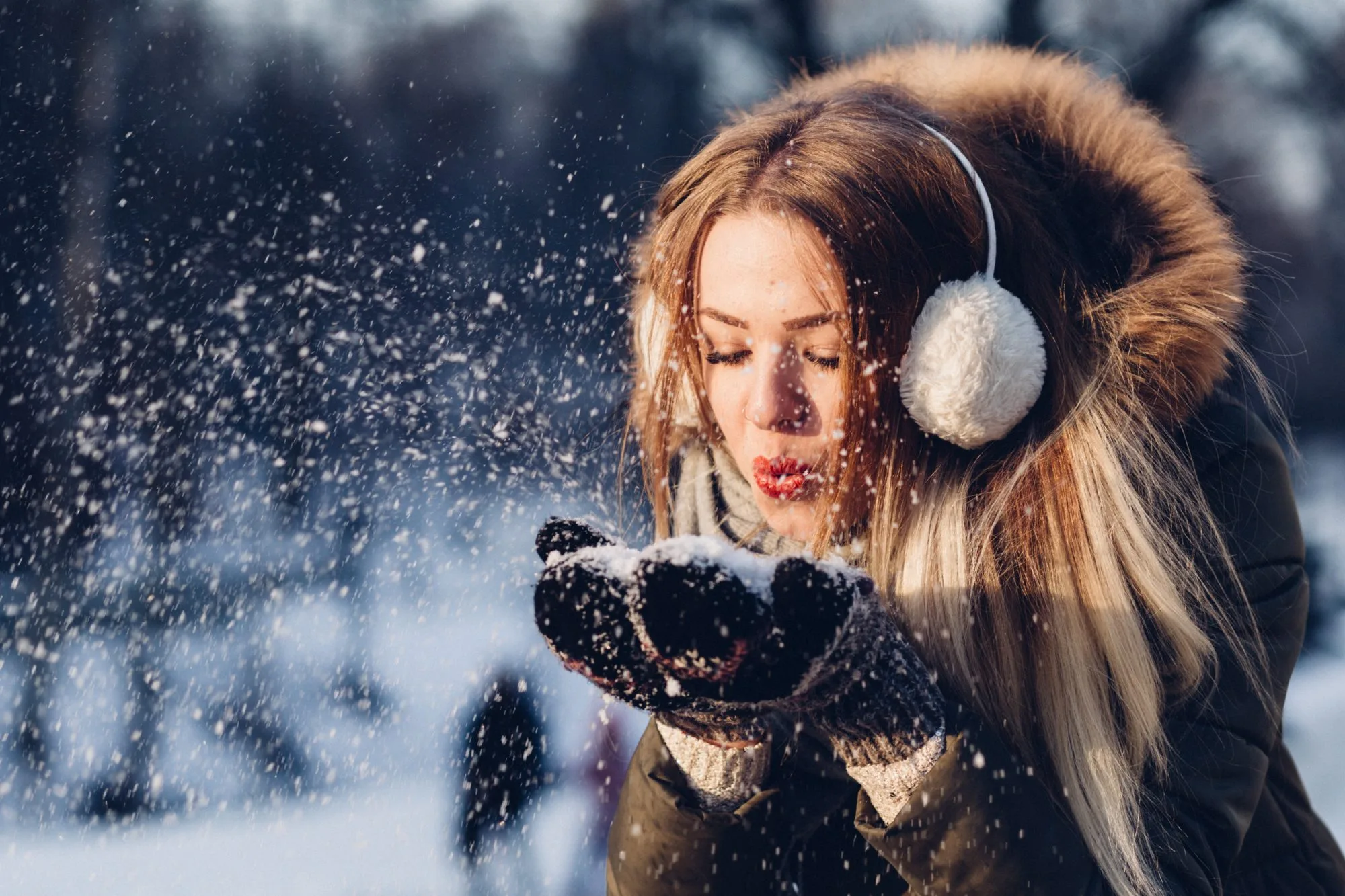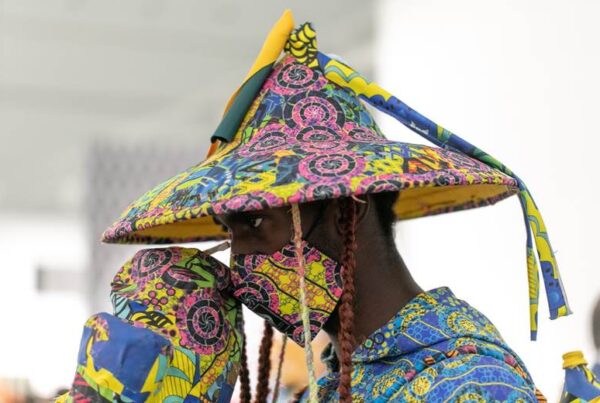Traveling can be either exciting or anxiety-inducing – depending on whether you’re a seasoned traveler or not. Whatever the case, everyone likes to feel prepared when traveling on a snow holiday. This is why it is useful to have a checklist of questions you would like answered ahead of planning your winter holiday. We asked the experts at Club Med (who are experts when it comes to all things snow holidays) what to consider when planning a European snow holiday.
How do I know where is the best snow holiday in Europe?
Each destination has its perks and offerings for different tastes. Some destinations cater more to families (offering loads of activities for both adults and children), while others predominantly cater to adults. Others are higher altitude for those wishing to ski/snowboard later in the snow season, where it is also warmer. Some have more complex snow runs catering to experienced skiers, while others are better suited to beginners. While the internet is full of information, it’s worthwhile chatting to friends who have traveled to destinations as well as a snow holiday travel expert to find out which destination may be better suited to your needs. To make the trip planning process as stress-free and enjoyable as possible, you can also use a route planner such as Route4Me Route Planner. This will help you map out your entire journey, taking into account travel times, distances, and the places you’d like to visit along the way.
What does the altitude of a resort mean?
Altitude is the height of an object (in this case, the snow resort) or its point in relation to sea level or ground level. The higher the altitude of a resort, the more snow it is likely to have, the longer the snow season.
How easy is it to get from the airport to the various snow resorts?
Logistically, reaching the Alps (in Europe particularly) for a snow holiday is made that much easier with flights through most leading airlines (leading you practically onto the doorstep of a good deal of snow holiday hot spots in Europe). Once you land at the airport closest to your chosen snow destination, it’s usually one bus transfer to the resort. The distance from the airport to the resort depends on the destination but can be anywhere from a one-hour drive to a three-hour drive.
In terms of the resorts themselves, there will be options for almost every budget. If you were looking for a range of luxury resorts in the Alps, whether it be France, Italy or Switzerland, then the experts from Oxford Ski Company will be happy to share their expertise and give advice to suit your requirements.
Should I ski or should I snowboard?
This post on Snowskool breaks it down quite well. Quoting from the post (in a nutshell): “Skiing is easier to learn but harder to master – whereas snowboarding is harder to learn but easier to master.”
This is a common claim you will hear in the world of snow sports. While different people can take to different sports, it’s generally true. With skiing, a beginner’s technique can be broken down into a modular approach. However, its perfection will require you to become extremely technical. With snowboarding, it’s all about getting on your edges (both heel and toe edges). This is the hardest part. Once this is achieved, you have the fundamental technique of the sport nailed – and can reach a pretty impressive level pretty quickly, especially if you’re bold.
Ski/snowboarding lessons
It is strongly recommended that first-timers take lessons. There are various lesson options available:
- Individual private lessons
- Group private lessons
- Group lessons
Will I need to buy expensive snow clothing, or can I just wear my usual winter clothes?
Unless you’re from an area that regularly gets a lot of snow, what you consider ‘winter clothes’ won’t be advisable for your winter holiday. This is because of two main reasons: they won’t insulate heat well enough, and more importantly, they are likely not waterproof. Remember, when the snow melts, it becomes water. It’s advisable to purchase your own thermal socks, gloves, under leggings and long sleeve tops, beanies, and buffs.
When it comes to actual heavy-duty waterproof ski pants and jackets, depending on where you purchase them, and the type of brand you choose, it can be quite an outlay of cash. If you know you’ll be heading off on more than one ski holiday, it’s worth the investment to buy these items for yourself. If you’re unsure of whether to purchase, speak to family or friends who may already have ski pants and jackets to loan you for your trip.
Don’t forget to pack a good pair of sunglasses and sun protection. The glare from snow is considerable and can damage your skin.
What if I don’t want to buy skis or a snowboard?
In each snow village, there are usually places to rent skis, snowboards, snowboarding boots, ski boots, and helmets, so you don’t have to buy your own.
What is a ski pass, and why do I need it?
If you wish to catch any lifts in a resort (chairlift, t-bar, etc.) you are required to hold a valid lift pass. Depending on the type of lift pass you purchase, it will either entitle you to all-mountain access or will be a restricted pass allowing access to certain lifts only. If you hold a lift and lesson ticket, the pass includes a lesson each day.
No matter what lift pass you choose, it cannot be shared between people.
Will it be unbearably cold?
The answer to this question is twofold. If you are walking around the village and not doing any kind of physical activity, you will feel the cold. BUT, if you pack properly and arrive prepared (with the right kind of clothes to insulate your body heat) you won’t feel much of the freeze.
If you’re skiing or snowboarding, you’ll be surprised at just how warm you get! Most (if not all) resorts in the snow areas have air conditioners and heaters going all day, so you won’t need to wear layers while inside. If anything, you might be a lot more comfortable wearing a t-shirt (and long pants) while indoors!
If I don’t want to ski or snowboard, what else is there for me to do? 
While snow holidays are typically assumed to be for snow sports enthusiasts, they are becoming an extremely popular holiday option for those looking for wellness, health, and relaxation retreats.
That may sound surprising, but there are so many more activities to choose from at a snow-filled destination. It’s more than just ski or snowboard. You can choose from a variety of activities, including:
- shopping
- Indulging in the resort’s spa treatments
- hop on and off the chair lifts to discover the best views of the region for the perfect Instagram picture.
- Tobogganing
- Snow-shoe walking
- enjoying the Jacuzzi in the snow,
- sitting at the fireplace with a good book with majestic mountains spread out in front of you
The point is, there’s so much to offer everyone. Again, it depends on the destination and type of resort you choose for your winter holiday.
Should I do a DIY snow holiday (in sourcing and booking everything myself) or choose all-inclusive?
While a DIY winter holiday might sound like the most cost-effective option, it is rare.
When it comes to snow holidays, there is a fair amount of planning that you need to do. For this reason, the best (and most hassle-free) way to do it is all-inclusive, letting the experts take care of it. All-inclusive will also ensure that you get the best value (and quality) for what you pay for a snow holiday – which really will be a holiday of a lifetime!

Exchange-rate proof
With the economy’s unpredictability, travelers are looking for travel packages that don’t come with any surprises or hidden costs. Including nasty foreign exchange surprises! That said, you should choose a travel operator option that, once you have booked and paid your deposit, the price is locked in and won’t be affected negatively should the dollar take a dive.
Want to know more?
Here’s how you can maintain your beauty routine while traveling – and arrive at your destination looking like you’ve caught a full 8 hours of sleep.





![women [longevity live]](https://longevitylive.com/wp-content/uploads/2020/01/photo-of-women-walking-down-the-street-1116984-100x100.jpg)









